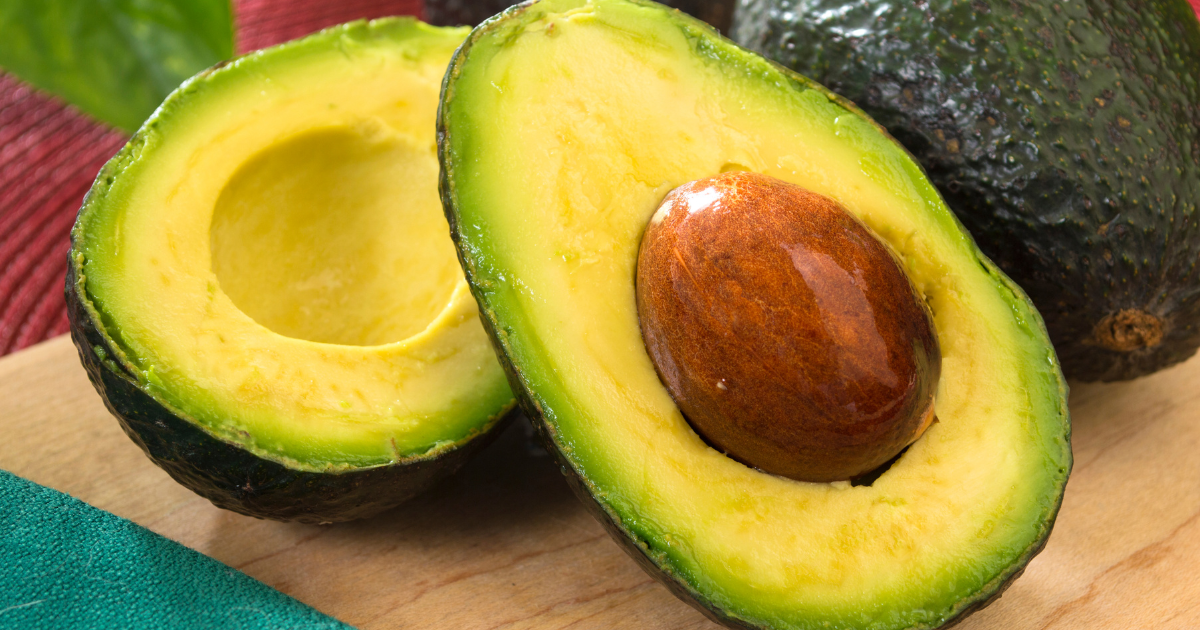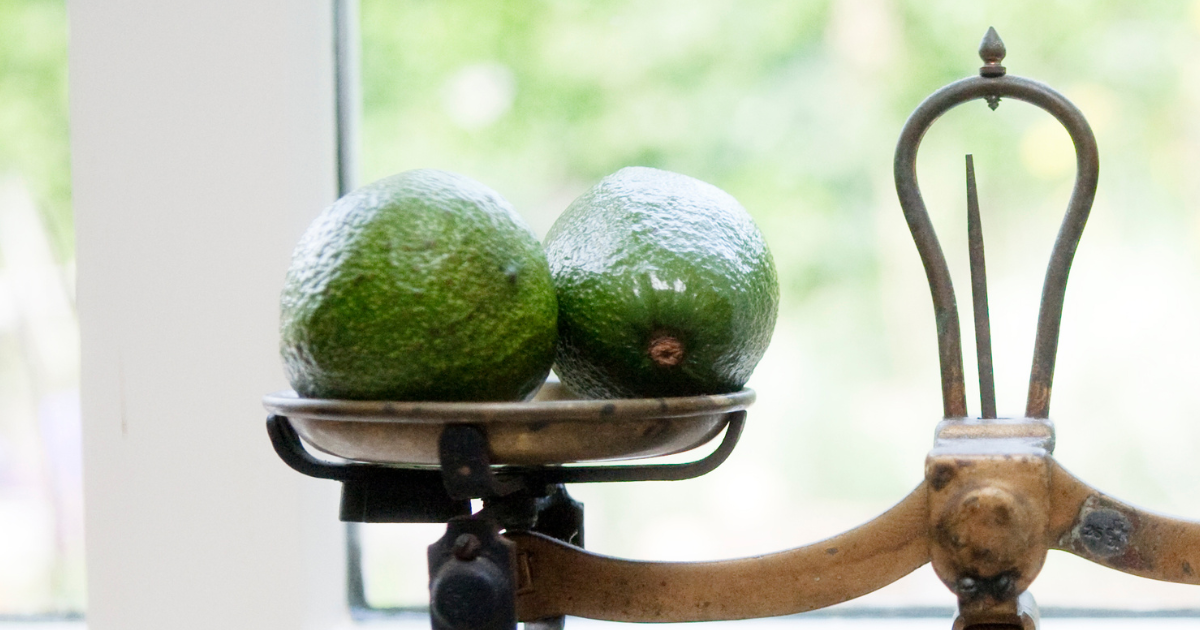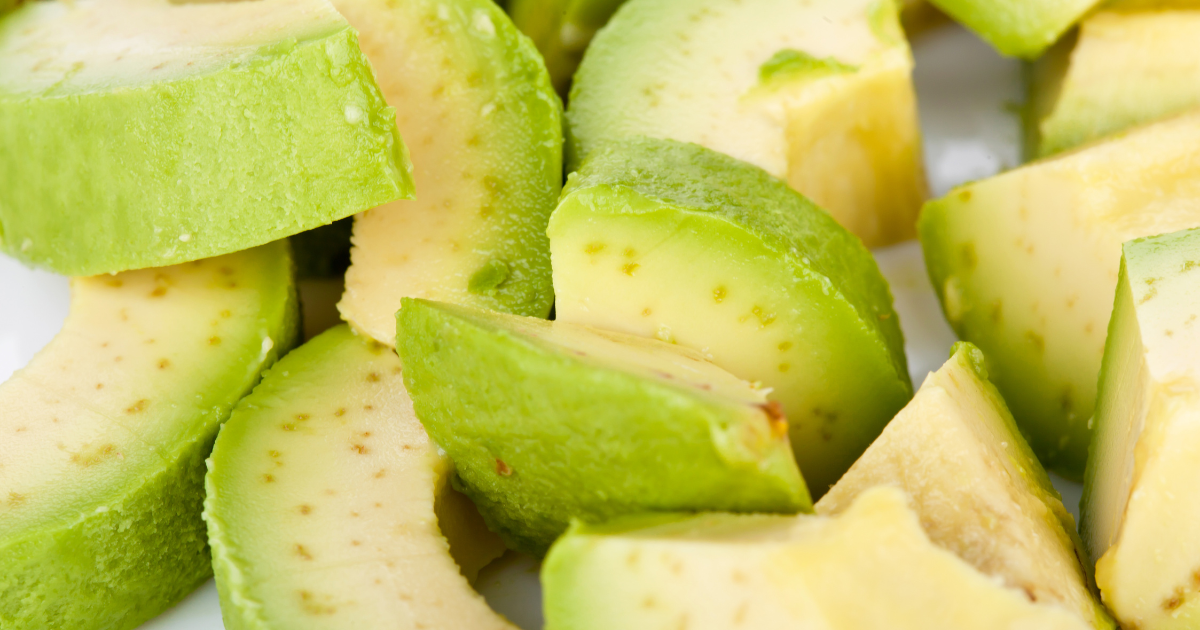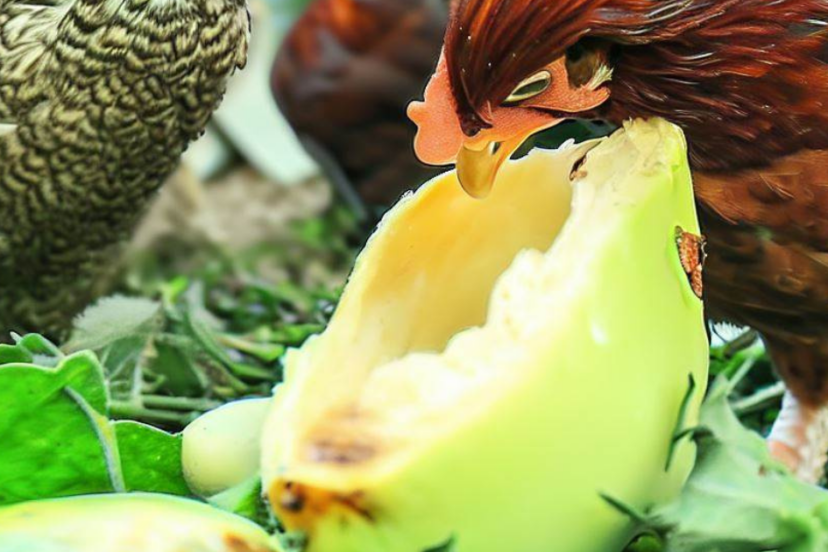Avocados have become a popular fruit known for their creamy texture and numerous health benefits for humans. But what about chickens? Can these feathered friends indulge in the green goodness of avocados? In this article, we will dive into the world of chicken nutrition to uncover whether avocados are a safe and healthy addition to their diet.
Understanding Avocado and Its Components

Avocados are packed with essential nutrients, including vitamins, minerals, and healthy fats. However, they also contain a compound called persin, which is toxic to certain animals. Persin is primarily found in the leaves, bark, and pits of the avocado tree, but smaller amounts are also present in the fruit itself.
Can Chickens Eat Avocado?
The question of whether chickens can eat avocado remains a topic of debate among poultry enthusiasts and experts. Some argue that avocados can be harmful to chickens due to the
potential toxicity of persin. Others claim that feeding small amounts of ripe avocado flesh poses no significant risk to these birds.
Risks of Feeding Avocado to Chickens
While chickens are generally resistant to the effects of persin, it’s important to exercise caution when offering avocados to your flock. The leaves, bark, and pits of the avocado tree contain higher concentrations of persin and should never be fed to chickens. Feeding large amounts of avocado flesh might also lead to digestive upset or diarrhea in some individuals.
Benefits of Feeding Avocado to Chickens
Despite the risks, some chicken keepers report positive outcomes from including avocado flesh in their birds’ diet. Avocado’s high fat content can provide a supplemental source of energy, especially during colder months. This energy may also enhance
egg production in winter and contribute to the overall health and well-being of chickens.
Precautions and Moderation
To safely incorporate avocado into your chickens’ diet, moderation is key. It is recommended to offer small amounts of ripe avocado flesh as an occasional treat rather than a staple food. Ensure that the avocados are fully ripe and free from any mold or signs of spoilage. By practicing moderation, you can minimize potential risks while still providing some of the benefits avocados offer.
The Avocado Paradox: Nutrient-Rich Yet Potentially Toxic

Avocados are a nutritional powerhouse, boasting a myriad of vitamins and healthy fats that tantalize our taste buds. However, this delectable fruit carries an element of paradox—its flesh and pit contain a compound called persin, which can be toxic to chickens in large quantities.
Striking the Balance
While persin can pose a threat, it’s important to remember that chickens are unlikely to consume large amounts of avocado on their own. When offered in moderation, the risks of food poisoning are significantly minimized.
Feeding Guidelines

To keep our feathered darlings safe while enjoying the occasional avocado treat, adhere to these guidelines:
1. Moderation is Key:
Offer avocados as an occasional and small part of their diet. Limiting avocado consumption ensures their exposure to persin remains within safe limits.
2. Flesh Over Pit:
If you choose to provide avocado, opt for the flesh rather than the pit. The pit carries a higher concentration of persin and poses a greater risk.
3. Observe and Monitor:
After introducing avocados, closely observe your chickens for any signs of adverse reactions. If you notice any unusual behavior or symptoms, consult a poultry veterinarian promptly.
Diverse and Balanced Diet: The Ultimate Goal
Ultimately, a diverse and balanced diet is the cornerstone of a chicken’s health and happiness. While avocados can be a tantalizing treat, ensuring they receive a well-rounded array of nutritious foods, from grains to greens and protein sources, is paramount.
Feeding chickens avocado requires a delicate balance—one that prioritizes moderation and careful observation. By adhering to these principles and embracing a holistic approach to chicken care, we can offer our flock the best of both worlds: a delectable treat and optimal well-being. Remember, as stewards of these charming creatures, our dedication to their safety and health knows no bounds.
Alternatives to Avocado
If you prefer to err on the side of caution or are concerned about the risks associated with avocados, there are plenty of alternative nutritious foods you can feed your chickens. Fruits like berries, melons, and apples are generally safe and well-received by chickens. Leafy greens, carrots, and corn are also popular options.
Conclusion
In conclusion, the question of whether chickens can eat avocados does not have a straightforward answer. While avocados contain beneficial nutrients, they also contain persin, which can be toxic to certain animals. If you choose to offer avocados to your chickens, do so in moderation and avoid feeding them the leaves, bark, and pits of the avocado tree. Monitor your chickens for any adverse reactions and consult a veterinarian if you have concerns.
FAQs
1. Can avocado pits be given to chickens?
No, avocado pits should never be given to chickens as they contain higher concentrations of persin and can pose a risk to their health.
2. Are all parts of the avocado tree toxic to chickens?
Yes, the leaves, bark, and pits of the avocado tree contain persin and should be avoided.
3. How can I safely introduce avocados to my chickens’ diet?
Start by offering small amounts of ripe avocado flesh as an occasional treat. Monitor their response and adjust accordingly.
4. Are there any avian species that can eat avocados without issues?
Some avian species, such as wild birds, have shown resistance to persin and can consume avocados without apparent harm.
5. What are the signs of avocado poisoning in chickens?
Avocado poisoning can manifest as respiratory distress, weakness, decreased egg production, and digestive issues. If you observe these symptoms, seek veterinary assistance immediately.
*We may earn a commission from purchases made through our links, at no cost to you. This does not affect our product recommendations. Please see our disclosure to learn more.







